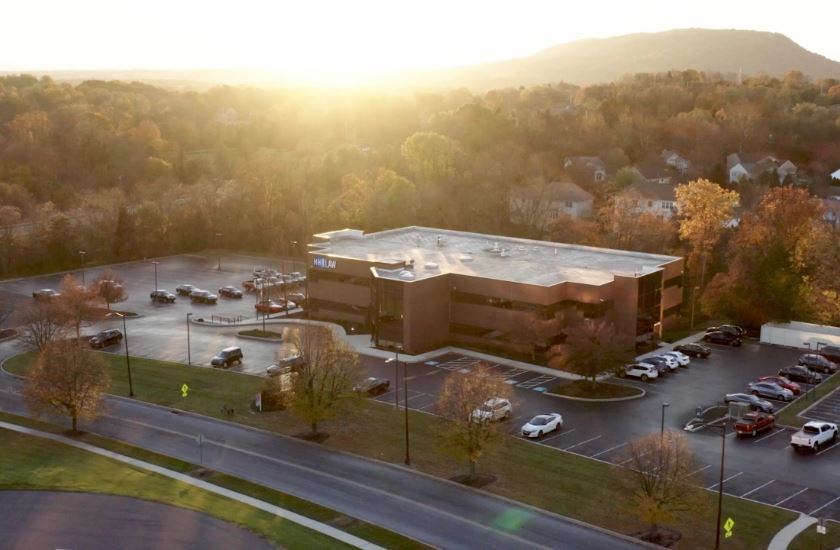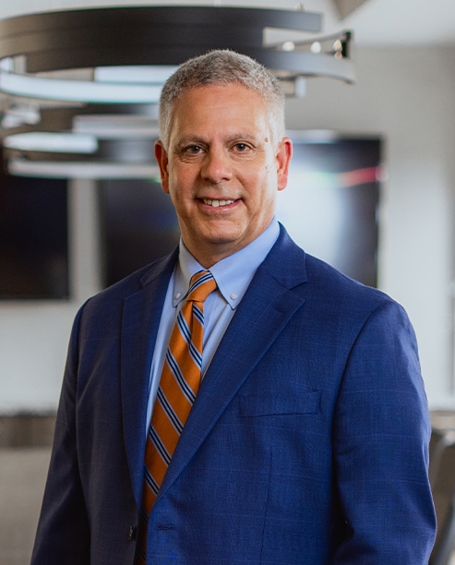
DO YOU QUALIFY?
SSDI BENEFITS FOR SURVIVING FAMILY
SSDI Death Benefits
Understanding Social Security Survivors Benefits in Pennsylvania
As the surviving family member of a worker who has lost his or her life, you may be entitled to Social Security benefits. If your loved one worked long enough to qualify for benefits and you’re an eligible surviving family member, you may be able to receive financial support from the Social Security Administration (SSA) in the form of survivors benefits and possibly a lump-sum death payment.
Who Is Entitled to Death Benefits in Social Security?
The following people may be entitled to survivors benefits:
- A spouse of the decedent.
- A child of the decedent, up to 18 years of age.
- A child of the decedent, up to 23 years of age if enrolled in school.
- A dependent parent of the decedent who relied upon them for financial support.
- A dependent sibling of the decedent who relied upon them for financial support.
- If you are a disabled child or sibling, you may be eligible for benefits at any age.
- Children include step-children, adopted children, post-humous children, and children to whom the decedent stood in loco parentis.
Work Credits: Earning Social Security Survivors Benefits
Eligibility for Social Security survivor benefits is based on your loved one’s work history. He or she must have worked long enough and recently enough to qualify, and this is determined by work credits.
A person earns 1 work credit for a given amount of wages earned, as determined by the Social Security Administration. A worker can earn up to four work credits in a year. The number of credits required for a worker's family to be entitled to SSDI death benefits will depend on the age of the worker when he or she passed on. No worker will need more than 40 work credits to qualify for Social Security benefits. Younger workers require fewer credits, and spouses and children of a worker may be entitled to survivors benefits with just six credits in the three years before the worker’s death.
What Amount of Benefits Can I Receive?
If you qualify, your survivors benefit amount will be based on your family member’s earnings and your relationship to the deceased. It will be a percentage of your loved one’s Social Security benefit.
The following are examples of survivors benefit percentages:
- If you’re a widow/widower who is of full retirement age or older, you may be entitled to 100% of your spouse’s Social Security benefit amount.
- If you’re a widow/widower who is 60 years old to less than full retirement age, you may be entitled to 71.5% to 99% of your spouse’s Social Security benefit amount.
- If you’re a disabled widow/widower aged 50 through 59, you may be entitled to 71.5% of your spouse’s Social Security benefit amount.
- If you’re a widow/widower of any age caring for a child under the age of 16, you may be entitled to 75% of your spouse’s Social Security benefit amount.
- If you’re a child under the age of 18 or disabled, you may be entitled to 75% of your parent’s Social Security benefit amount.
- If you’re a dependent parent aged 62 or older, you may be entitled to 82.5% of your son or daughter’s Social Security benefit. If there are two surviving dependent parents, each may get 75%.
There is a maximum benefit amount that applies to families in Pennsylvania and across the U.S. This will generally be equivalent to about 150-180% of the basic benefit rate.
Lump-Sum Death Payment
A lump-sum death payment of $225 may also be available to surviving spouses or children of a deceased worker. This payment typically applies to surviving spouses who were living with the worker at the time of his or her death, or to children who are eligible for survivors benefits.
Serving Pennsylvanians for 100+ Years
Serving individuals and families in Carlisle, Harrisburg, York, Hanover, Lancaster, Schuylkill County, and the surrounding areas, Handler, Henning & Rosenberg LLC can help you recognize and pursue the disability benefits you deserve. Our understanding of Social Security Disability Insurance (SSDI) and Supplemental Security Income (SSI) in Pennsylvania stems from about a century of collective legal experience.
Get the counsel and support you deserve. Call (888) 498-3023 for SSDI help in Pennsylvania. We know how to represent our clients’ best interests.
HHR: A Family Story
Handler, Henning & Rosenberg has always been a family business. It's been 100 years, and if we look into the future another 100 years, we still see our family helping yours. We've been around for this long for a reason: we care about our clients and our communities, and every person at our firm does everything they can to help every client we represent.

Put Experienced Lawyers on Your Side

















